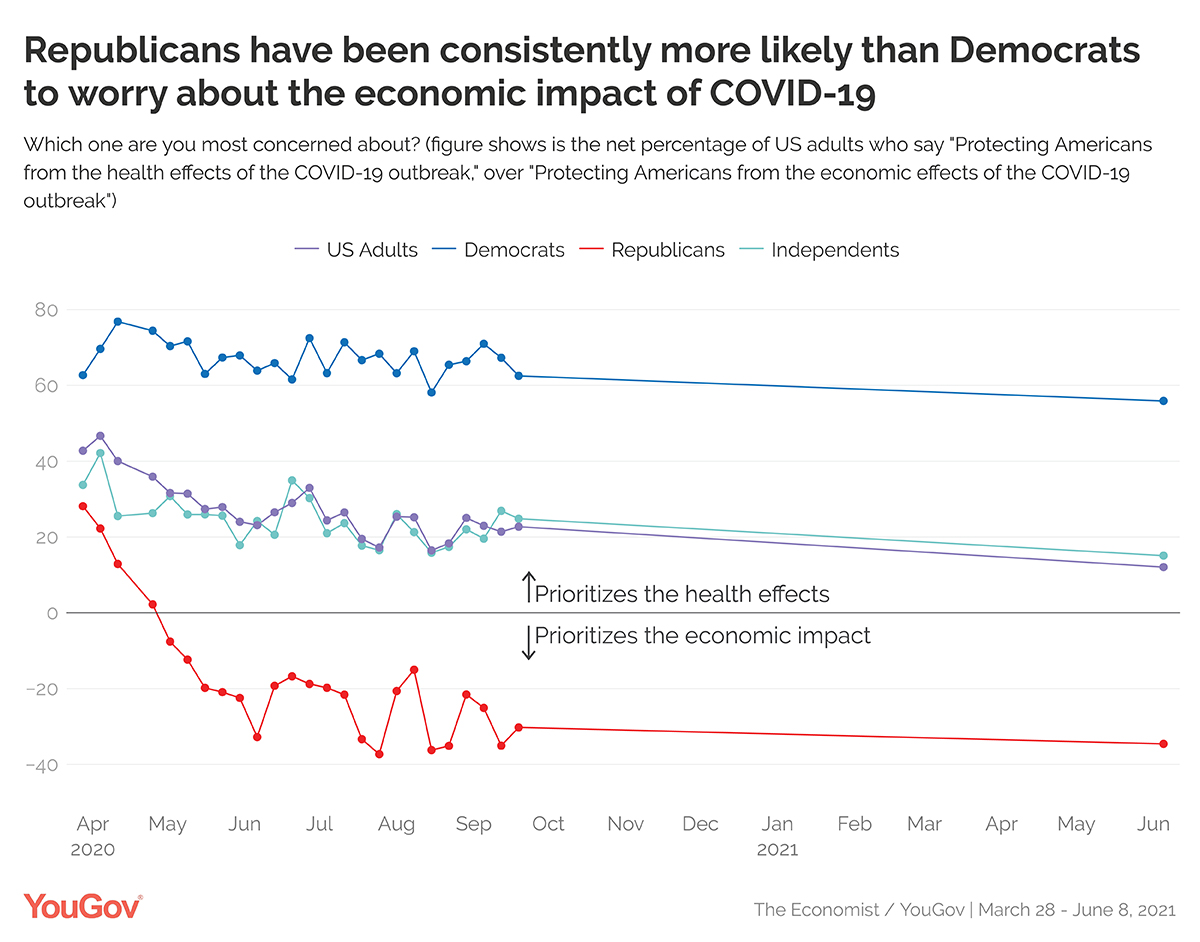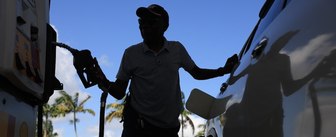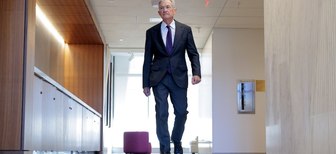Americans are looking ahead to the end of the COVID-19 pandemic. A majority believe the worst of it is over – but most also expect the effects of the virus, especially the economic ones, will last a long time. In the latest Economist/YouGov poll two out of three (65%) believe that it will take at least two years for the economy to recover all the ground lost during the pandemic.
For many, curing the health impact has taken priority over the economic impact of the virus. In April 2020, just after the first surge, 73% said protecting Americans from the health impact of COVID-19 was more important to them than protection from the economic effect. Only 27% said the opposite. Today, 56% of Americans say the health impact is more of a concern than the economic effects (44%).
Republicans, however, have remained more concerned than Democrats about the economic impact of the virus. By last fall, the economy mattered more to Republicans (68% prioritized the economic impact, 32% prioritized the health impact). That continues to be the case today (67% vs 33%).
Last fall, Democrats tended to believe the opposite (79% prioritized the health impact, 21% were more worried about the economic impact). Those views remain similar today (78% vs 22%), even as vaccinations increase and cases decline. Independents are also becoming more focused on the economy today, with as many saying the country needs to protect people from the economic impact (50%) as say the health effects matter more (50%).
The public is still paying attention to COVID-19 news
The public remains attentive to news about COVID-19, with nearly three in four following news about the coronavirus either very closely (31%) or somewhat closely (42%)
Attentiveness reached its peak at the time of the biggest surges in cases and deaths – the spring and fall of 2020. Then, as many as nine in ten Americans were following news stories closely, with more than half following the news “very closely.” Today only 31% are following COVID news that closely.
Americans are worried about the unemployment rate
Despite the decline in the jobless rate reported last week, Americans are still worried about unemployment. Half don’t believe that the rate reported saying there are even more unemployed people than the 5.8% reported by the Bureau of Labor Statistics. Three-quarters (76%) describe unemployment as a serious national problem, with about half (53%) seeing it as serious in their own communities.
But there is an economic worry that is outstripping unemployment. Americans have begun worrying more about inflation (39%) than about unemployment (30%). The reported 4.2% rise in prices in April was the largest since 2008, and while that announcement came before polls in April and May, Americans were already starting to cite inflation (along with joblessness) as the best economic indicator.
This month, Democrats continue to rate joblessness as the better measure (37% to 26%). But Republicans, by two to one (50% to 27%) see inflation as more important, as do Independents (44% to 25%). In April and May, Republicans and Independents also put inflation ahead of joblessness, but by much narrower margins. Up until March, they agreed with Democrats that joblessness was a better measure of economic health.
The parties view the country’s economic health differently. A majority of Democrats (56%) believe the national economy is getting better; 52% of Republicans think it is getting worse.
See the toplines and crosstabs from this Economist/YouGov poll
Methodology: The Economist survey was conducted by YouGov using a nationally representative sample of 1,500 US Adult Citizens interviewed online between June 6 - 8, 2021. This sample was weighted according to gender, age, race, and education based on the American Community Survey, conducted by the US Bureau of the Census, as well as 2016 Presidential vote, registration status, geographic region, and news interest. Respondents were selected from YouGov’s opt-in panel to be representative of all US citizens. The margin of error is approximately 2.8% for the overall sample.
Image: Getty











